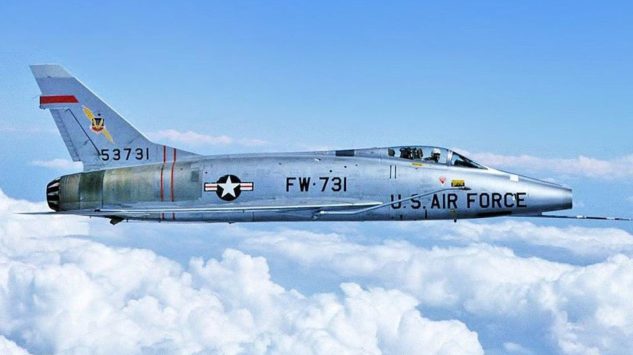Issue Briefs

Five Reasons The Air Force’s Digital Century Series Is Doomed To Failure
October 1, 2019
By Loren Thompson
The Air Force has embarked on a revolutionary approach to aircraft, satellite and software development that it hopes will greatly compress the time required to bring major advances into the active force. Dubbed the “Digital Century Series” after a burst of early Cold War innovation, the new approach could reduce the time required to develop new combat aircraft to five years, with additional years of time saved in developing military spacecraft and major software advances.
At least, that’s what the service’s charismatic chief weapons buyer, Dr. Will Roper, proposed at the Air Force Association’s annual air, space and cyber exposition last week. In an eloquent call for faster progress in fielding weapons, Roper talked about high-leverage development tools such as agile software generation, open architectures and digital engineering with the confidence that you would expect from an intellectual who earned his doctorate in mathematics at Oxford.
Roper said that the Air Force needs to think of itself more like a technology company, investing in game-changing innovations that disrupt the military marketplace and disorient potential adversaries. Rather than taking decades to field new planes or spacecraft by tapping a handful of big system integrators, Roper wants to award more contracts to a wider range of innovators, relying on competitive prototyping to turn out combat systems on timelines not seen since the early 1950s.
The views and opinions expressed in this issue brief are those of the author.
| Loren B. Thompson is a Senior Adviser at GPI, Chief Operating Officer of the non-profit Lexington Institute and Chief Executive Officer of Source Associates, a for-profit consultancy. Prior to holding his present positions, he was Deputy Director of the Security Studies Program at Georgetown University and taught graduate-level courses in strategy, technology and media affairs at Georgetown. He has also taught at Harvard University’s Kennedy School of Government. Mr. Thompson holds doctoral and masters degrees in government from Georgetown University and a bachelor of science degree in political science from Northeastern University. |